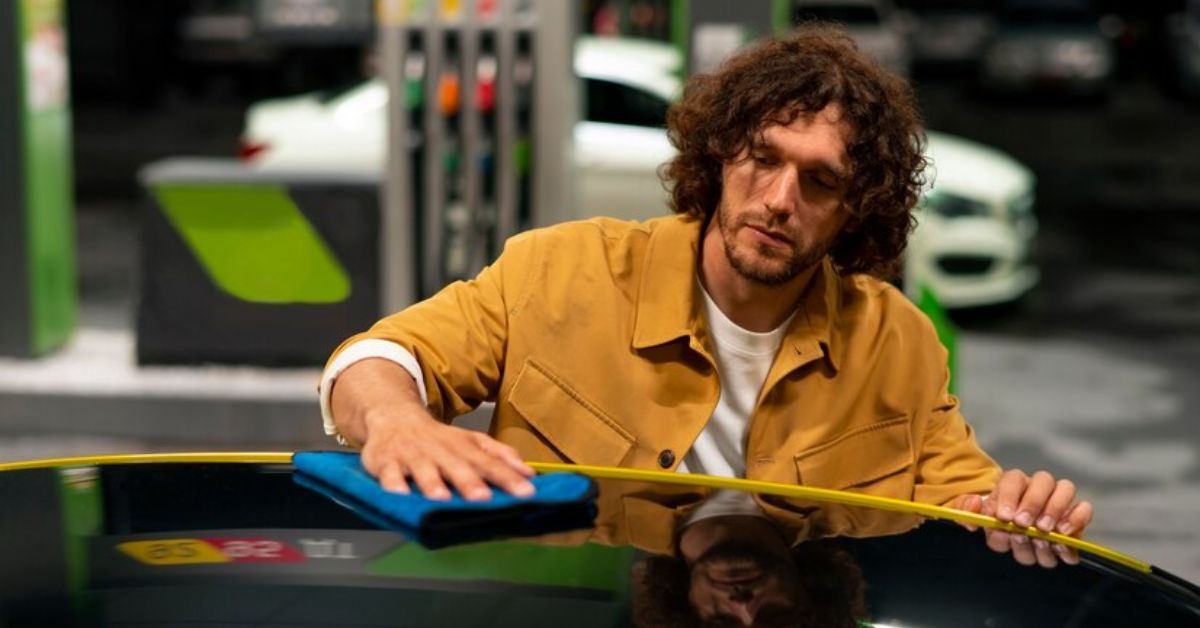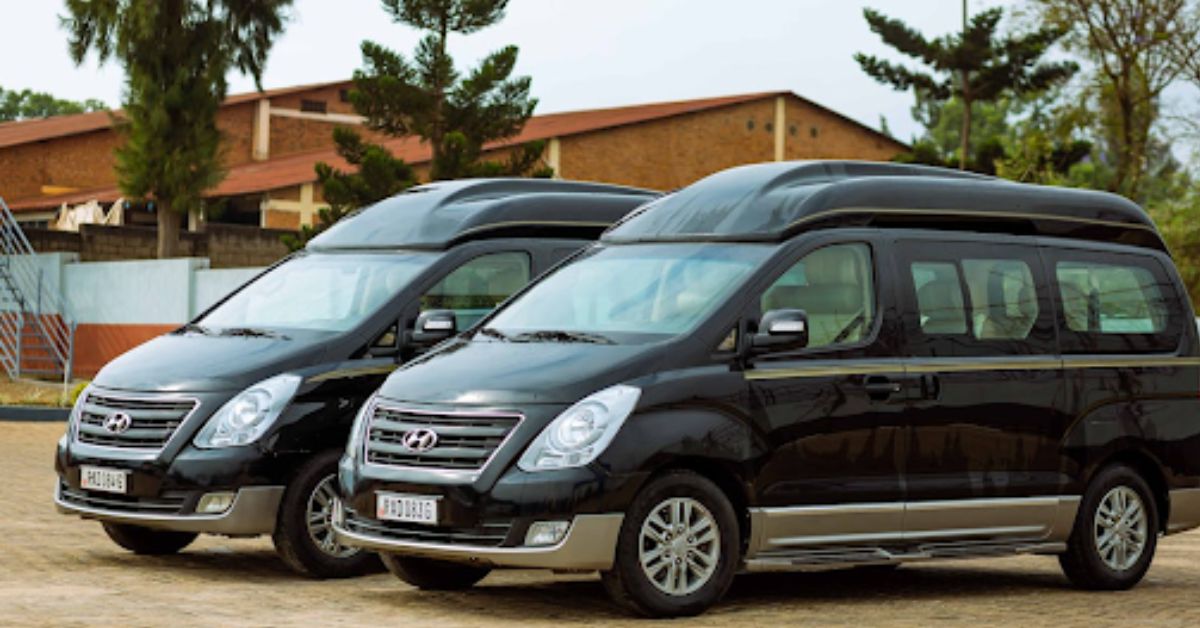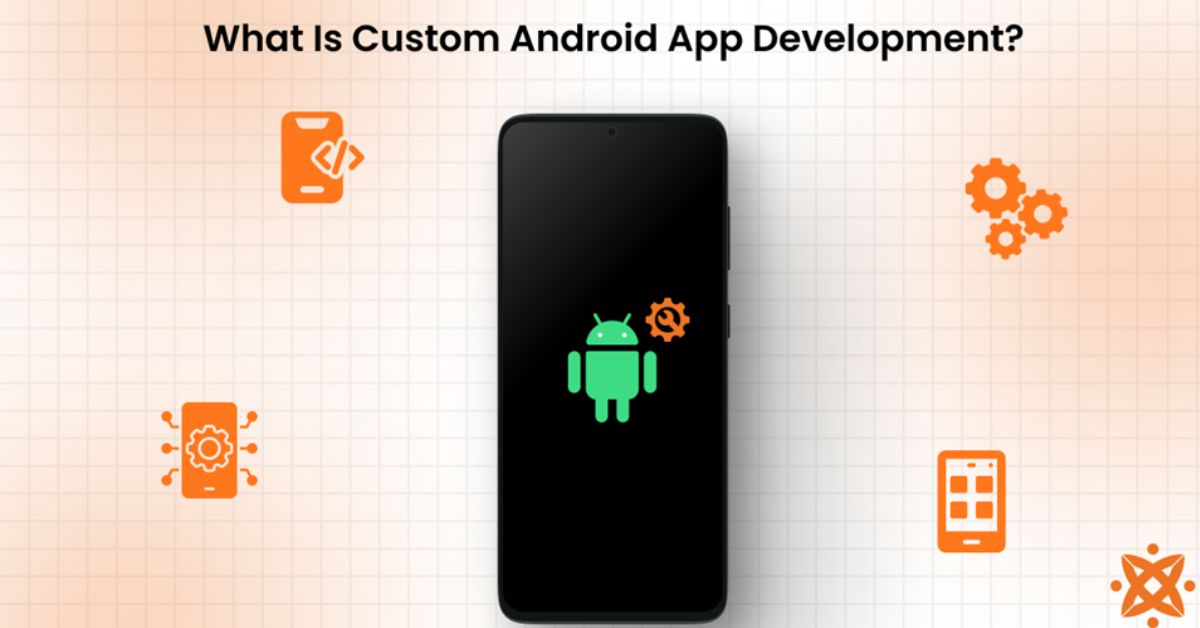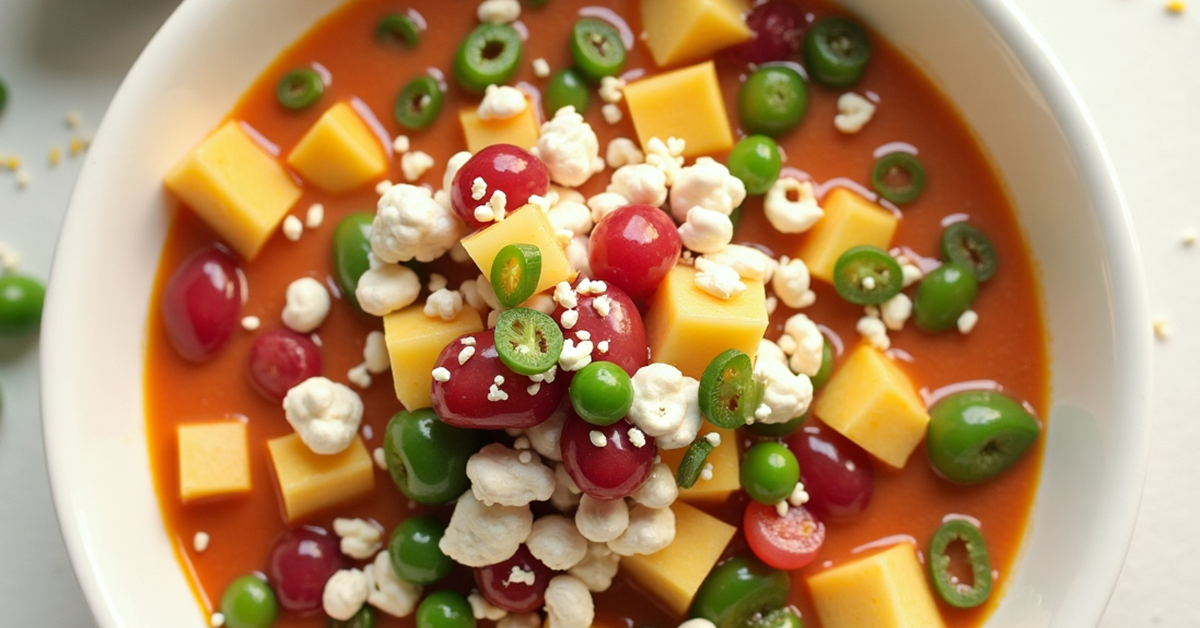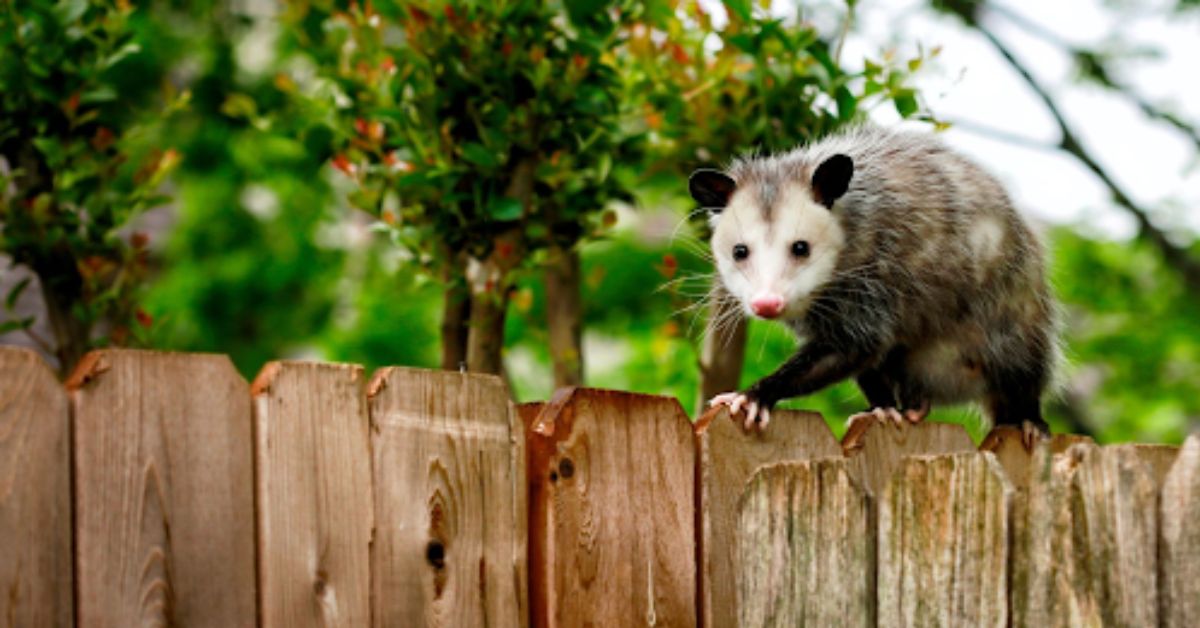Car wrapping has become an increasingly popular option for vehicle customization, advertising, and protection. It offers an opportunity to change a vehicle’s color or design without the commitment of a permanent paint job. However, many prospective car owners may wonder: how much does it actually cost to wrap a car? The answer can vary significantly based on several factors, including the type of wrap, the size of the vehicle, the complexity of the design, and the labor involved.
Understanding Car Wraps
A car wrap is a vinyl film applied over the vehicle’s exterior. This film can be printed with custom designs, graphics, or colors. The most common types of wraps are:
- Full Wraps: Covering the entire vehicle.
- Partial Wraps: Covering only certain parts, such as the hood, roof, or doors.
- Color Change Wraps: Changing the car’s color without a specific design.
- Graphic Wraps: Featuring intricate designs or logos, often used for advertising.
Factors Affecting the Cost of a Car Wrap
- Type of Wrap:
- Full vs. Partial: Full wraps are more expensive due to the amount of material and labor involved. A partial wrap is cheaper but may not offer the same visual impact.
- Material Quality: Higher-quality vinyl materials tend to be more expensive but offer better durability and a superior finish. Brands like 3M and Avery Dennison are well-regarded in the industry.
- Vehicle Size:
- Larger vehicles, such as SUVs and trucks, will naturally cost more to wrap than smaller cars due to the increased surface area. As a general guideline, a full wrap for a standard sedan can range from $2,500 to $5,000, while larger vehicles may cost anywhere from $3,000 to $8,000 or more.
- Design Complexity:
- Simple color changes are less costly than complex graphic designs. Custom graphics can significantly increase the price, especially if the design requires special printing or finishing techniques.
- Labor Costs:
- Professional installation is crucial for a high-quality finish. Labor costs can vary widely based on location, the experience of the installers, and the time required to complete the job. On average, labor may account for 50-70% of the total wrap cost.
- Geographic Location:
- Prices can vary based on regional demand and cost of living. Major metropolitan areas typically have higher rates due to increased business costs.
Average Cost Breakdown
To give a clearer picture of what to expect, here’s a breakdown of typical costs for different types of car wraps:
- Full Car Wrap:
- Small Car: $2,500 – $3,500
- Mid-size Car: $3,000 – $4,500
- SUV/Truck: $3,500 – $8,000
- Partial Car Wrap:
- Simple Design: $1,000 – $2,500
- Complex Design: $2,000 – $4,000
- Color Change Wrap:
- Small Car: $2,000 – $3,000
- Large Vehicle: $3,000 – $5,000
- Graphic/Advertising Wrap:
- Full Wrap: $2,500 – $5,000+
- Partial Wrap: $1,000 – $3,000+
Additional Costs to Consider
- Maintenance: Although wraps are generally durable, they require care to maintain their appearance. Using gentle cleaning products and avoiding automated car washes can prolong the life of the wrap.
- Removal Costs: If you decide to remove or change the wrap, professional removal services may cost between $500 and $1,500, depending on the size of the vehicle and the wrap’s condition.
- Warranty: Some wrap providers offer warranties that can affect the overall price. A warranty can provide peace of mind but may increase the initial cost.
- Design Fees: If you’re opting for a custom design, you may need to factor in design costs, which can range from $100 to $1,500 or more depending on the complexity and the designer’s experience.
The Benefits of Car Wrapping
While the initial cost of a car wrap may seem high, it can be a wise investment for several reasons:
- Cost-Effective Marketing: For businesses, a well-designed wrap can serve as a mobile billboard, reaching thousands of potential customers at a relatively low cost compared to traditional advertising.
- Protects the Original Paint: A wrap can protect the underlying paint from UV rays, scratches, and minor dings, potentially preserving the vehicle’s resale value.
- Easy to Remove: Unlike paint, which is permanent, wraps can be removed without damaging the vehicle’s surface. This allows for versatility in design.
- Customization Options: Car wraps offer virtually limitless customization options, enabling vehicle owners to express their personality or brand.
Conclusion
The cost of wrapping a car varies significantly based on several factors, including the type of wrap, vehicle size, design complexity, and labor costs. While full wraps for larger vehicles can be expensive, they offer unique benefits in terms of customization, protection, and marketing potential. Whether you’re considering a wrap for personal expression, business branding, or simply to protect your car’s paint, understanding the costs involved will help you make an informed decision.
How much to wrap a car. The cost to wrap a car typically ranges from $2,500 to $5,000, depending on the size and complexity of the design. Additional factors like the quality of vinyl and labor can also influence the final price.
Before proceeding, it’s advisable to get quotes from multiple wrap providers and check their portfolios. A quality wrap installation can make all the difference, ensuring your vehicle looks stunning and remains well protected.

